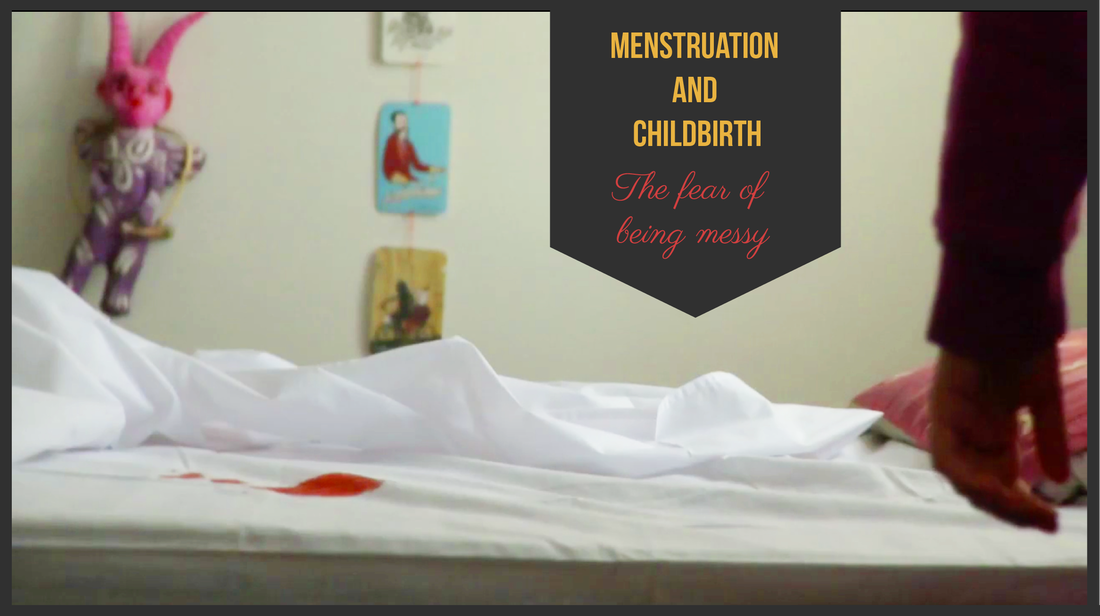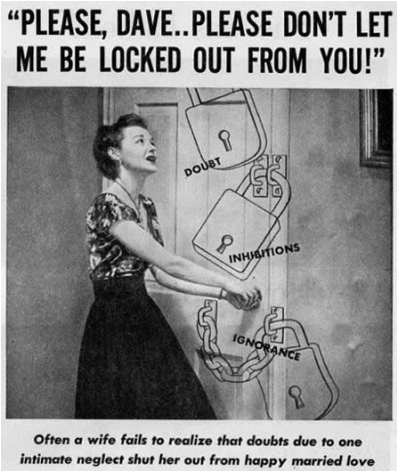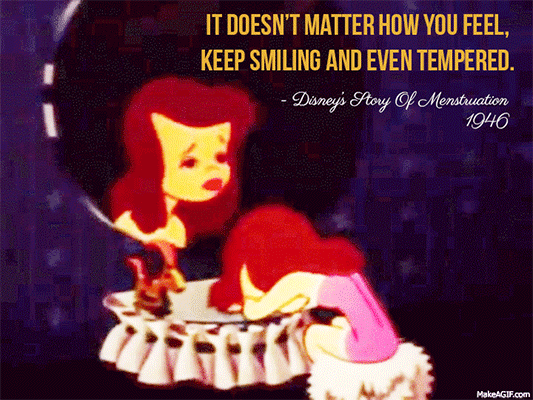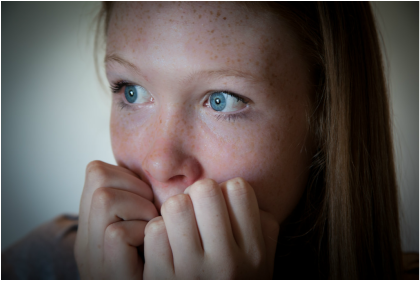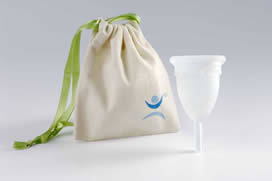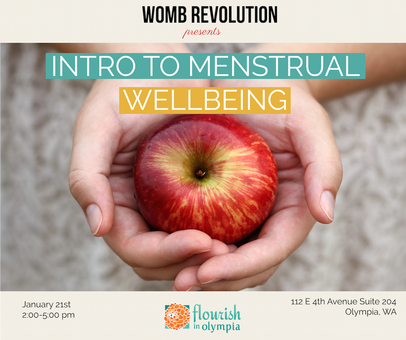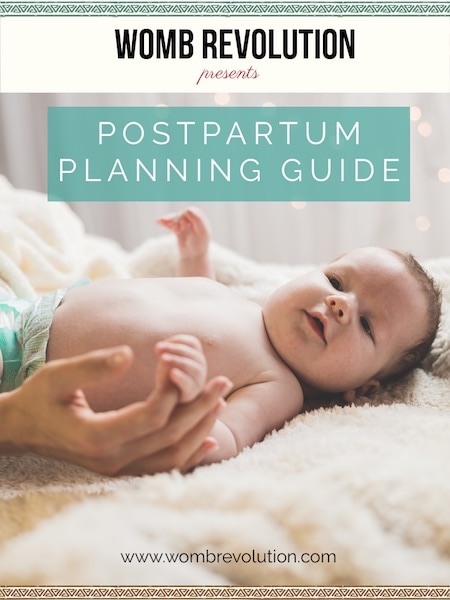I was eleven when I first got my period.
My mom had talked to me about it in a very factual manner and I think we also heard about it in school, so it wasn’t a surprise. I had been anticipating it for a while. Although I knew it was generally discouraged to talk about it, I told a few of my best friends I had “gotten it.” How could I help it? I was just so excited about growing up.
I was terribly disappointed when I found out a year or so later that my best friend started menstruating around the same time than me, but had not told me anything. When I asked, hurt and offended, why she kept it secret even after I told her about my period, she explained that her mom instructed her to NEVER, NEVER talk about it with anyone or leave any trace of evidence that would let anyone know that she was bleeding. And even though I don’t remember feeling any shame about menstruating before, I felt very ashamed in that moment.
Over the years I have talked to a lot of people whose first experiences with menstruation were negative and even traumatic. Many of them didn’t even know anything about menstruation before they got it. One of my friends told me she was punished when she started bleeding. She was called gross and messy.
| The extreme need for discretion around the subject of menstruation (or really, anything that naturally goes on in women’s private areas,) is rooted on that fear of being messy or disgusting. There is a huge industry that revolves around this too. |
So, many of us go on with our lives trying to not make people uncomfortable and we keep our mess to ourselves. Many women suffer quietly through paralyzing pain, swallow their anger and sadness, or expose their bodies to dangerous chemicals or surgeries to achieve the ideal of the linear woman.
I started working with pregnant women around the same time that I was introduced to Women’s Circles and Menstrual Empowerment Education. Slowly but clearly, I started to see how deeply connected menstruation was to childbirth at an emotional level.
| Pregnant women are often instructed to trust their bodies and let go, but: How can you start trusting your body during pregnancy or birth when you have been taught to distrust it since so early on? If you have been associating the nature of your body with pain and thinking of your period as something gross and inconvenient for years and years! |
During childbirth, and especially in the unfamiliar, sterile environment of the hospital, very often that deeply rooted fear of being messy comes out to surface. The fear of being messy with our periods (both physically and emotionally), wether we are aware of it or not, can easily translate into fear of the rawness and messiness of childbirth. And it can inhibit us a lot.
- It becomes the fear of making “primitive/cavewoman noises” or screaming (my mom kept repeating to herself during labor she wasn’t going to scream, although she did).
- The fear of inconveniencing the medical staff, other laboring women, or our own family, who might worry too much about us.
- The fear of bleeding, pooping, or pouring fluids in the openness of birth, because we are afraid of offending others.
| Normalizing birth, normalizing breastfeeding, normalizing menstruation and menopause are all part of the same effort, which is normalizing the female body. To normalize it, we have to understand it, so we can honor it for what it is instead of constantly trying to make it into what it is not, or turn away from how widely diverse it can be. |
What can we do about this fear of being messy?
For everyone the answer to that question is going to be different. But these are some ideas you might find helpful:
1. CONFRONT YOUR BLOOD: A menstrual cup can help you get to know your period a lot better. You can get an idea of how much are you actually bleeding, what the color really looks like, etc. Also, if you dare to test it, you will realize that the blood itself doesn’t smell bad, like the media and popular culture might suggest. Fresh blood doesn’t smell like anything special. When the blood goes into a pad and gets in contact with oxygen it starts to oxidize and along with the bacterial growth encouraged into a non-breathable environment, sure, it can smell bad.
2.LEARN ABOUT THE MENSTRUAL CYCLE: Menstruation is not the only thing in a menstrual cycle. The hormones present during the different stages of the menstrual cycle make our nature very similar to the nature of the moon or the four seasons. We tend to act and react very differently during ovulation than during menstruation. If you want to learn more about this you can read ‘Taking Charge of your Fertility’ by Toni Weschler, ‘Women’s Body’s, Women’s Wisdom’, by Dr. Christiane Northrup, or if you don’t mind something less scientific and more intuitive, check out Miranda Gray’s writing. Once you start observing these "seasons" within yourself, you can start finding power and guidance in the menstrual cycle.
4. JOIN THE CONVERSATION: Let’s break the menstrual taboo! We owe it to our next generation. I’m not saying we should talk about menstruation all the time (I’m often guilty of this,) but there is no reason to discuss the matter in ashamed whispers. If boys, girls, and everyone in between learned about menstruation as something normal and healthy from an early age, I really believe we would live in a different world.
Christiane Northrup wrote in ‘Women’s Body’s, Women’s Wisdom’:
| “Once we start appreciating our menstrual cycle as part of our inner guide system, we start healing both hormonally and emotionally.” |
What is your relationship with your cycles? Do you think it affected your birth experience?
